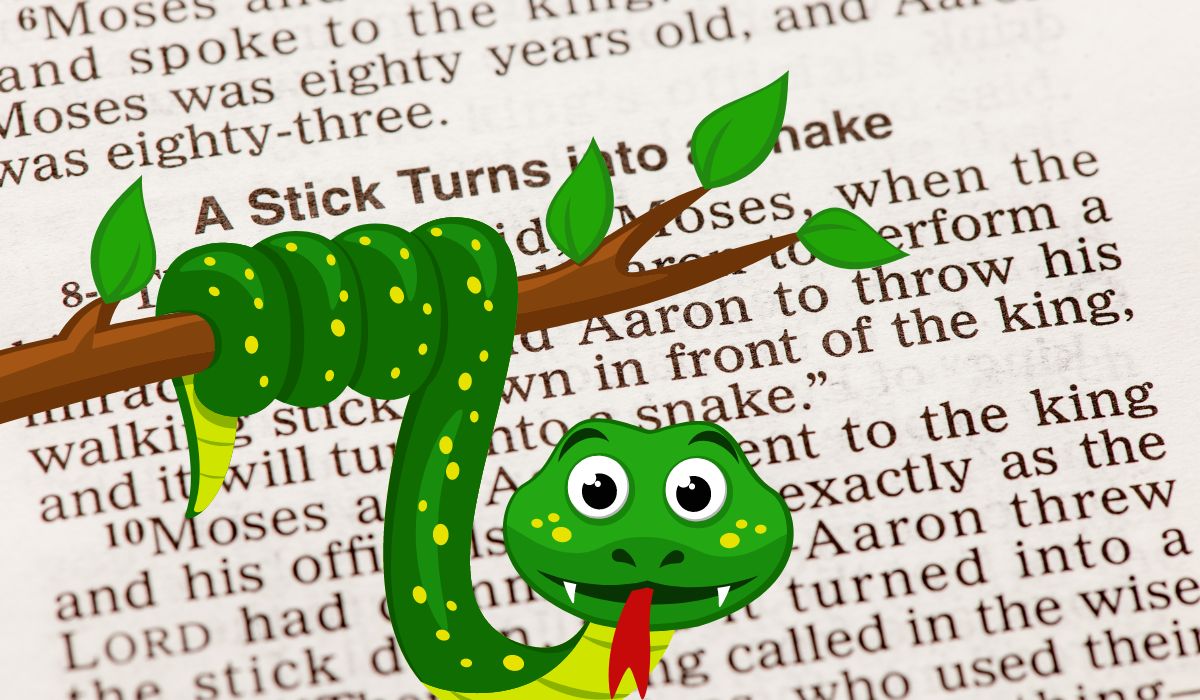 The word “Hallelujah” holds a profound place in the religious texts of Christianity, symbolizing joy and praise. In this exploration, we delve into its occurrences within the Bible and provide a guide on how to sequentially approach Bible reading for a deeper understanding. This guide is crafted to assist both newcomers and seasoned readers in navigating the rich narratives and teachings of the Bible.
The word “Hallelujah” holds a profound place in the religious texts of Christianity, symbolizing joy and praise. In this exploration, we delve into its occurrences within the Bible and provide a guide on how to sequentially approach Bible reading for a deeper understanding. This guide is crafted to assist both newcomers and seasoned readers in navigating the rich narratives and teachings of the Bible.
Understanding “Hallelujah” in the Bible
Where in the Bible Is “Hallelujah” Mentioned?
“Hallelujah” is primarily found in the book of Psalms, known as the “Hallelujah Psalms” due to their frequent use of the word. These include Psalms like 106, 111, 112, 113, 117, and 135, where the term is used to express praise to God.
Who Said “Hallelujah” in the Bible?
The term “Hallelujah” is often associated with the psalmists, especially King David, who authored many of the Psalms. It is their way of calling upon the congregation to praise God, reflecting a communal celebration of God’s deeds.
Who Was the First to Say “Hallelujah”?
The first biblical usage of “Hallelujah” is not attributed to a single individual but is more a choral or communal exclamation found in the Psalms. The Psalms were used in temple worship as a collective declaration of faith and gratitude towards God.
How Many “Hallelujah” Psalms Are There?
There are several Psalms that are specifically referred to as “Hallelujah Psalms” due to their emphasis on praise. These include Psalms 104 through 106, 111 through 113, and 146 through 150, each starting or ending with “Hallelujah.”
“Hallelujah” Bible Verse KJV
In the King James Version, “Hallelujah” is rendered as “Praise ye the LORD,” which appears in numerous Psalms and the last book of the New Testament, Revelation, indicating the word’s sacred significance.
How Many Times Is “Hallelujah” in the New Testament?
The term “Hallelujah” appears in its Greek form four times in the New Testament, all within the book of Revelation (19:1-6), during scenes depicting heavenly worship and triumph over evil.
Guiding Your Bible Reading
Starting Your Biblical Journey: Genesis to Revelation
To engage with the Bible effectively, one should consider a structured approach, starting from Genesis and progressing to Revelation. This order helps in understanding the narrative flow and the development of key biblical themes.
Alternative Reading Plans
Chronological Order
This method organizes the events of the Bible in the order they occurred historically, providing a linear timeline of biblical events, which helps in understanding the historical context and development of the biblical story.
Thematic Reading
Focusing on themes such as Love, Justice, or Redemption can offer a focused study on specific aspects of God’s message, allowing for a deeper exploration of related scriptures scattered throughout the Bible.
The New Testament First
For new believers or those interested in Christian doctrine primarily, starting with the New Testament might be beneficial. It introduces the life and teachings of Jesus Christ and the principles of Christian living.
Conclusion
The exploration of “Hallelujah” in the Bible and the guidance on reading order are aimed at enriching your spiritual journey. Whether you are beginning your journey or continuing to explore deeper truths, the Bible offers endless wisdom and guidance for all who seek it. Remember, the goal of reading the Bible is not just to complete the text, but to understand and live out the teachings in our daily lives.












